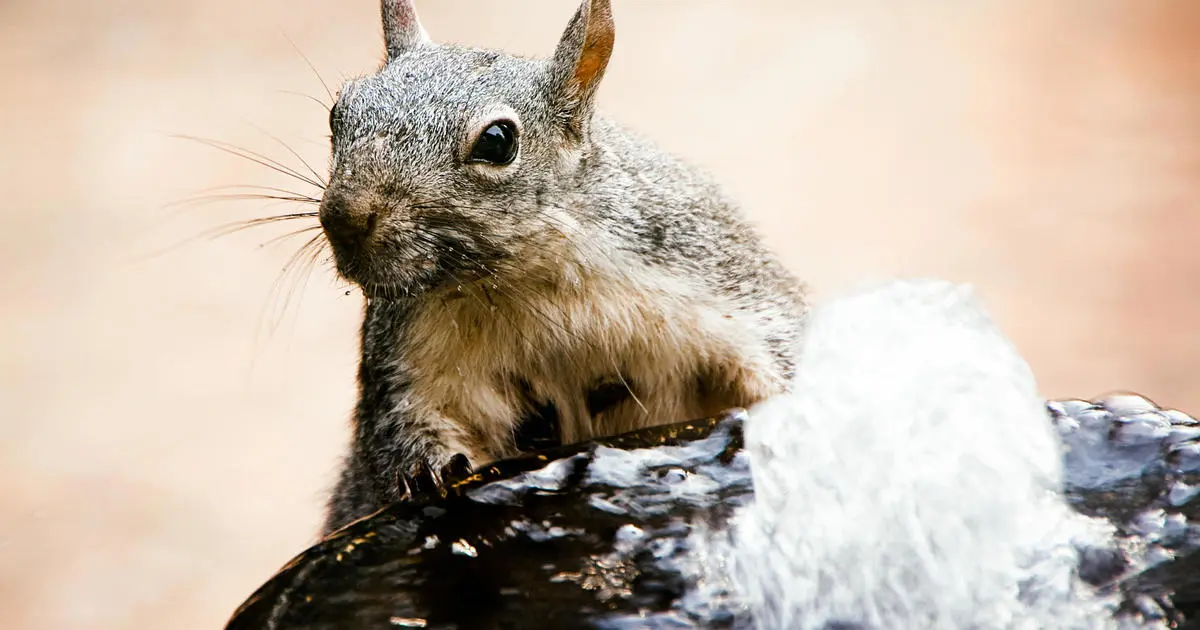And this species is just the latest to feel the impact of climate change. A report last year published by the World Wildlife Fund for Nature found that out of nearly 32,000 animal populations worldwide, there was an average decline of 69% since 1970. That sharp decline, the report warned, is a “code red for the planet (and humanity).”
“The message is clear and the lights are flashing red,” WWF International’s director general Marco Lambertini says in the report. “Our most comprehensive report ever on the state of global vertebrate wildlife populations presents terrifying figures: a shocking two-thirds decline in the global Living Planet Index less than 50 years.”
wonder if this is good, bad, or neutral to doug fir stands. squirrels eat pine nuts but also spread them
Worth noting that the threat of extinction is for Washington State specifically. I live in southern California, and that’s the kind of squirrel we have here. Not sure of their status here, but I still see quite a few.
Worth noting that the threat of extinction is for Washington State specifically.
Yeah, I bet that’s why they mentioned it in the headline.
I realize it says that, but extinction usually means there aren’t any anywhere and people use the phrase “local extinction” or extirpation. I just thought it’s easy to overlook and thought I’d point it out.



